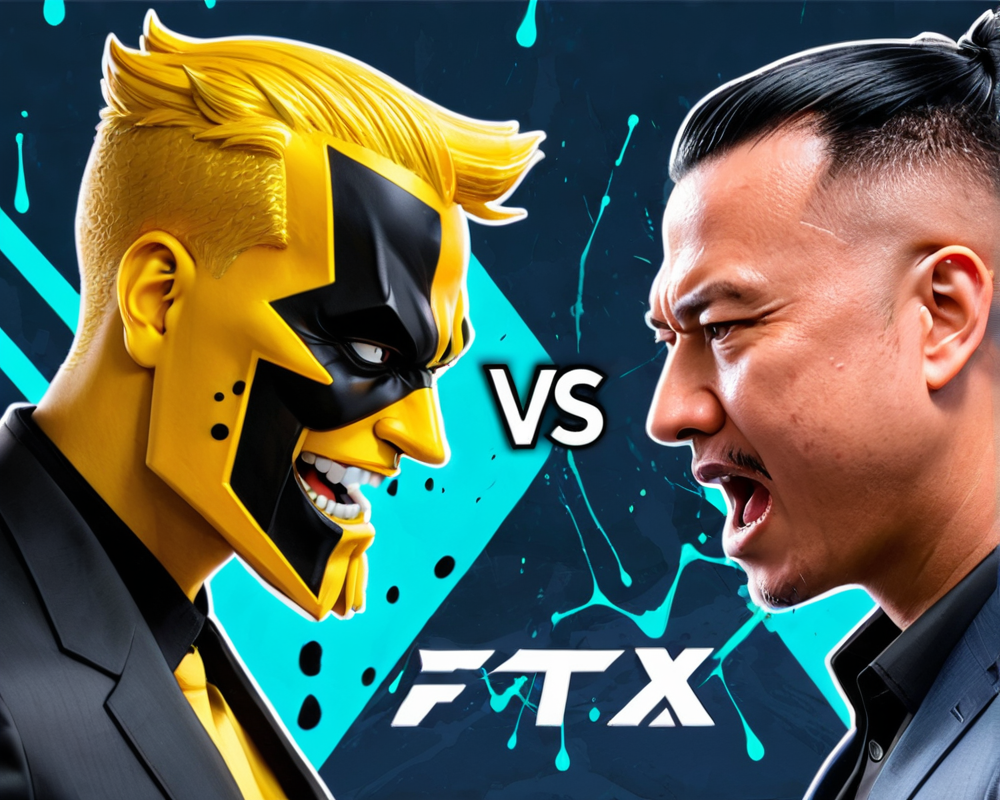Introduction to the AI Chip Controversy
The world of AI chips is much like a high-stakes poker game, and the U.S. just threw a big ol’ wildcard into the mix. Since October 2022, export restrictions have been the flavor of the month, leaving Chinese tech companies scrambling and the market in a tizzy. Originally, it was just the top-tier chips like Nvidia and AMD that were getting the cold shoulder from Uncle Sam. But fast forward to October 2023, and it appears all chips will soon be going straight to the penalties box.
Playing Hardball: Expansion of U.S. Restrictions
The latest twist in this saga arrived on October 17, 2023. The U.S. government decided to go beyond banning just the top-tier chips and laid down the law that ALL chip models would face an embargo from entering the Chinese market. You can practically hear the gasp from Nvidia executives as they watched their top gaming chip, the L40S, join the red-flagged club effective as of October 24.
Nvidia’s Big Gamble: New Chips for China?
But just when you think it’s game over for Nvidia, local media broke reports on November 9 that the chip giant might have a few aces up its sleeve. According to STAR Market Daily, Nvidia is preparing to unveil three new chips aimed at the Chinese market: the HGX H20, L20 PCIe, and L2 PCIe. Speculation is swirling about a possible announcement as soon as November 16. It’s like watching a thriller where you’re unsure of who the hero is!
China’s Strategic Shift: Homegrown Solutions
As the U.S. sets up roadblocks, China is looking inward. Firms like Baidu are kicking butt and taking names, with reports emerging that it ordered 1,600 AI chips from Huawei in August. These 910B Ascend AI chips are intended to go toe-to-toe with Nvidia’s A100, and over 60% of that order has already been fulfilled. Talk about getting back on the saddle!
What’s Next for AI and Cloud Computing?
For those keeping score at home, the summer buzz indicated that the Biden administration was contemplating further restrictions aimed at limiting China’s access to cloud computing services. U.S. Undersecretary Alan Estevez certainly didn’t hold back during a recent event in Tokyo, voicing concerns about potential military applications of these technologies. It feels like a game of Jenga, with each block removed threatening to topple the entire structure.
The Future of AI Chips: A Complicated Road Ahead
As we look ahead, it’s clear the arena for AI chips in China is anything but straightforward. Companies are racing against the clock to adapt, innovate, and find alternate solutions. Whether Nvidia’s new chips will succeed or if domestic firms will rise to meet demand remains to be seen, but one thing’s for sure — the game is just getting started.




